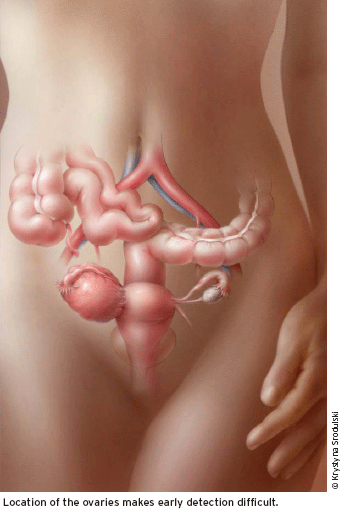
Bowel disease drugs increase cancer risk: study
Some treatments for inflammatory bowel disease increase the risk of infection-related cancers, French scientists said on Monday, but the benefits of the drugs still outweigh the risks.
Thiopurine drugs — immunosuppressive medicines that inhibit the body’s immune system — are regularly used to treat inflammatory bowel disease, the researchers said, but can increase the risk of cancers linked to viral infections.
Laurent Beaugerie and colleagues at the Saint-Antoine hospital in Paris looked at more than 19,000 patients with inflammatory bowel disease. Around 30 percent of the patients were taking thiopurines, 14 percent had stopped taking them and 56 percent had never taken them.
Following up after almost 3 years, the researchers found 23 new cases of cancers — one of Hodgkin’s lymphoma and 22 of non-Hodgkin lymphoma.
Statistical analysis showed that patients receiving thiopurines — like azathioprine produced by several generic drugmakers and by GlaxoSmithKline as Imuran — had a more than five-fold increased risk of lymphoma compared with those who had never received the drugs, the researchers said in a study published in The Lancet journal.
Older male patients with a longer history of inflammatory bowel disease also had increased lymphoma cancer risk.
“The absolute cumulative risk…in young patients receiving a 10-year course of thiopurines remains low — (less than 1 percent) — and does not undermine the positive risk-benefit ratio of these drugs,” the researchers wrote.
But for elderly patients and for unlimited treatment periods, more studies were needed to assess the risk, they said.
Commenting on the study, Geert D’Haens of the Imelda GI Clinical Research Center and Paul Rutgeerts University Hospital Gasthuisberg, both in Belgium, said doctors should be cautious in prescribing thiopurines for prolonged periods.
Bowel, Bowel Health, Bowel Health Latest, Bowel Health Information, Bowel Health information, Bowel Health Photo,Bowel for Weight Health photo, Bowel Health Latest, Bowel Health latest, Bowel Video, Bowel video, Bowel Health History, Bowel Health history, Bowel over Picture, history, Bowel Asia, Bowel asia, Bowel Gallery, Bowel for Weight gallery, Bowel Photo Gallery, Bowel Picture, Bowel picture, Bowel Web, Malaysia Health, web Health, web Health picture, video photo, video surgery, gallery, laparoscopy, virus, flu, drug, video, Health Health, calories, photo, nutrition, health video, symptoms, Bowel, medical, beating, diet, physical, Training, organic, gym, blister, exercise, weightloss, surgery, spiritual, eating, tips, skin, operation, bf1,


